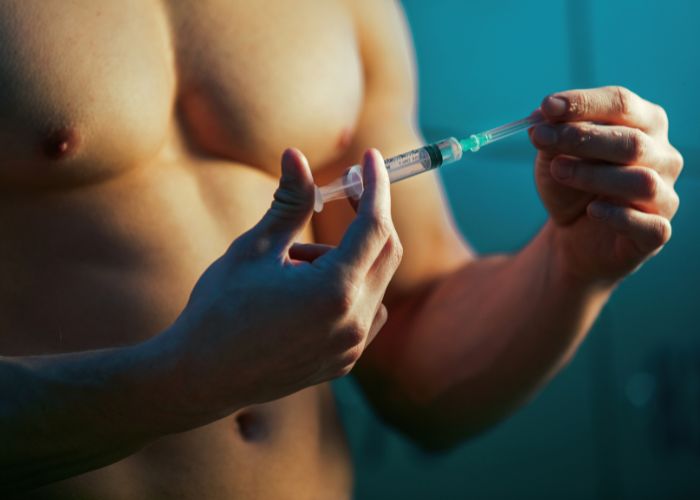A criminal organisation involved in the distribution of medicinal and prohibited substances has been dismantled. These were allegedly supplied by a qualified doctor to top-level athletes.
Operation ILEX identified all the components of an alleged criminal organisation. Based in Cáceres, they illegally distributed medical substances within and out with Spain. They also distributed banned sports substances. Allegedly the people receiving the substances were top-level athletes.
ILEX began at the beginning of last year, when agents of the General Operative Unit of the Guardia Civil learned of a qualified doctor who was possibly distributing medicines illegally.
After over one year of monitoring the activities, the alleged members of the organisation were identified. At this point, three other people were also identified as belonging to the same group. However, they were based in Portugal, Guipúzcoa and Castellón. Seemingly these acted as intermediaries between the initial manufacturers and distributors of the substances, and the consumers.
Well-known sports doctor
According to police reports, the athletes were recruited by various people closely related to the world of professional sports. They offered them the services of a well-known sports doctor. These services consisted of training preparation and nutritional supplements. They also included the consumption of drugs and substances prohibited in sport.
As the investigation continued, it was discovered, that once these athletes were in contact with the doctor and his assistant, they were subjected to a study through analytical and stress tests. The tests were carried out within the facilities at the Faculty of Sports Sciences of Extremadura.
After the results of the tests were determined, a training plan was prepared for the athletes. This included the consumption of drugs not authorised in Spain, as well as others included in the list of prohibited substances of the World Anti-Doping Agency. The athletes then used a detailed calendar to work in the days for consumption of these substances, prior to participation in various official competitions.
Each athlete paid according to their level
Those investigated charged the athletes up to €3000 each per season for their services. The amount charged depended on the level and the possibility of winning prizes of each individual athlete. Furthermore, it was discovered that a minor was identified among the final consumers.
The medicines and other prohibited substances reached the athletes through secure channels. They used various third parties to hide the doctor-athlete relationship. However, in some cases, they were delivered directly to top-level athletes.
As extra security measures, communications between the doctor and the athletes were carried out through secure messaging applications. Consequently, this made the messages difficult to read.
The operation has resulted in the arrest of two people for the commission of alleged crimes of drug trafficking and doping in sport, belonging to a criminal group and money laundering.
Unauthorised drugs and banned substances
Some of the various drugs not authorised in Spain that have been intervened in this investigation include Actovegin®, Dichloroacetic Acid and Theophylline. Furthermore, the substances prohibited in sports that were seized included Menotropin Hormone, as well as others provided to athletes such as caffeine in injectable or suppository presentation and great number of empty capsules prepared to be filled with one of these medicines for subsequent distribution.
The operation remains open, and the information contained in various seized electronic devices, such as computers, hard drives and other memory media and mobile phones, is currently being studied. Consequently, new arrests or investigations are not ruled out.
This operation was carried out by the Public Health and Doping Section of the Central Operating Unit (UCO), in collaboration with the State Agency Spanish Commission for the Fight against Doping in Sport (CELAD), Spanish Agency for Medicines and Health Products (AEMPS), International Testing Agency (ITA) and the Catholic University of Murcia (UCAM), which have provided both technical support, for carrying out analyses, as well as providing information and advice of vital importance during the development of research and practice. of records.
Also read: Largest amount of cocaine seized in Spain for over 4 years


